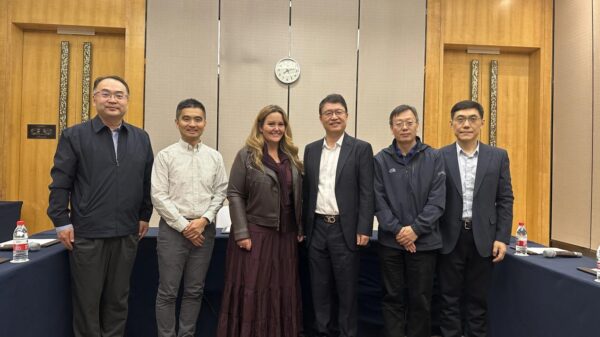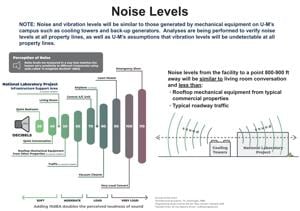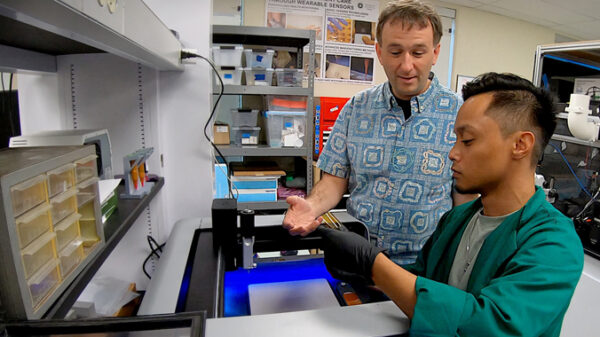Many individuals believe that rigorous exercise is the key to achieving optimal health; however, excessive training can lead to detrimental effects. A recent case highlighted on NTD’s “Health 1+1” program illustrates this concern. Guo Yucheng, director of the Contemporary Han Yi Yuan TCM Clinic in Taiwan, shared the story of a woman who battled chronic insomnia for over a decade.
Desperate for restful sleep, she turned to daily jogging, thinking it would alleviate her condition. Instead, her insomnia intensified. Nights became increasingly restless, and she experienced burning sensations in her feet. Recognizing the need for a different approach, she sought guidance from a traditional Chinese medicine practitioner. The recommendation was surprising: she should replace her long-distance running routine with gentle stretching, tai chi, and yoga.
After adopting this new regimen, the woman reported significant improvements. Over the course of three months, her sleep patterns stabilized, and her overall energy levels became more consistent. This case serves as a reminder that the relationship between exercise and health is not as straightforward as many assume.
While high-intensity workouts can boost cardiovascular function, the belief that “exercise equals health” can lead to harmful consequences if misconstrued. For some, the pressure to maintain aggressive workout routines can exacerbate existing health issues rather than promote well-being.
Guo emphasized that it is crucial to recognize the body’s signals. Over-exercising can result in chronic fatigue, injuries, and other health complications. The trend of equating strenuous physical activity with better health often overlooks the importance of balance and moderation.
In recent years, there has been a growing awareness of the benefits of low-impact exercises, such as yoga and tai chi. These practices not only enhance physical flexibility but also contribute positively to mental health. They offer a gentler alternative for those who may be suffering from stress, anxiety, or sleep disorders.
As the fitness industry continues to evolve, it is essential for individuals to prioritize their health by adopting exercise routines that align with their personal needs and limitations. The key takeaway from this woman’s experience is that effective exercise does not necessarily mean rigorous training.
In conclusion, while exercise is undoubtedly beneficial, understanding the right type and amount of physical activity for individual circumstances is vital. It is always advisable to consult professionals, such as those in traditional Chinese medicine, who can provide tailored guidance. By doing so, individuals can avoid the pitfalls of excessive exercise and foster a healthier relationship with physical activity.






































































